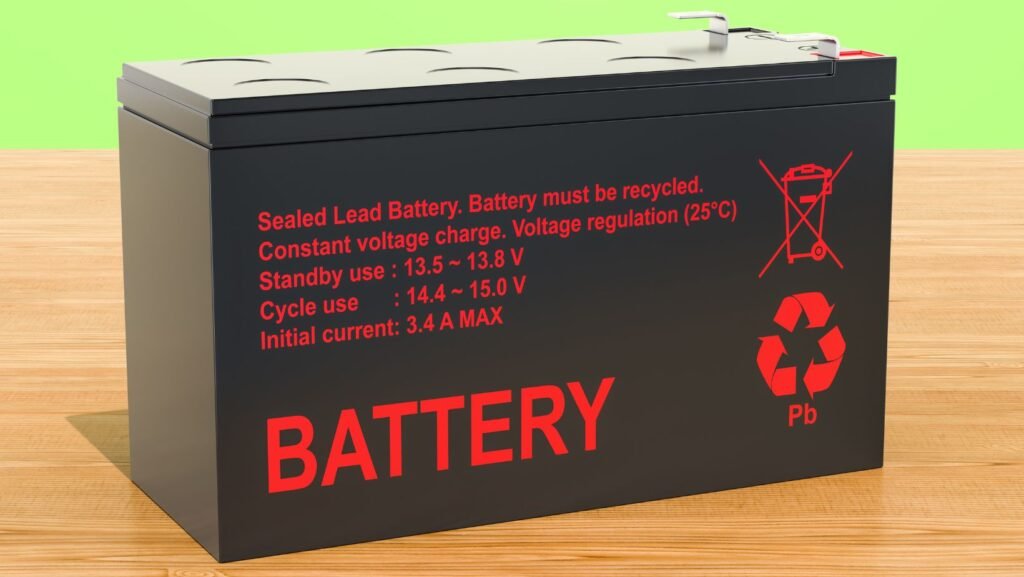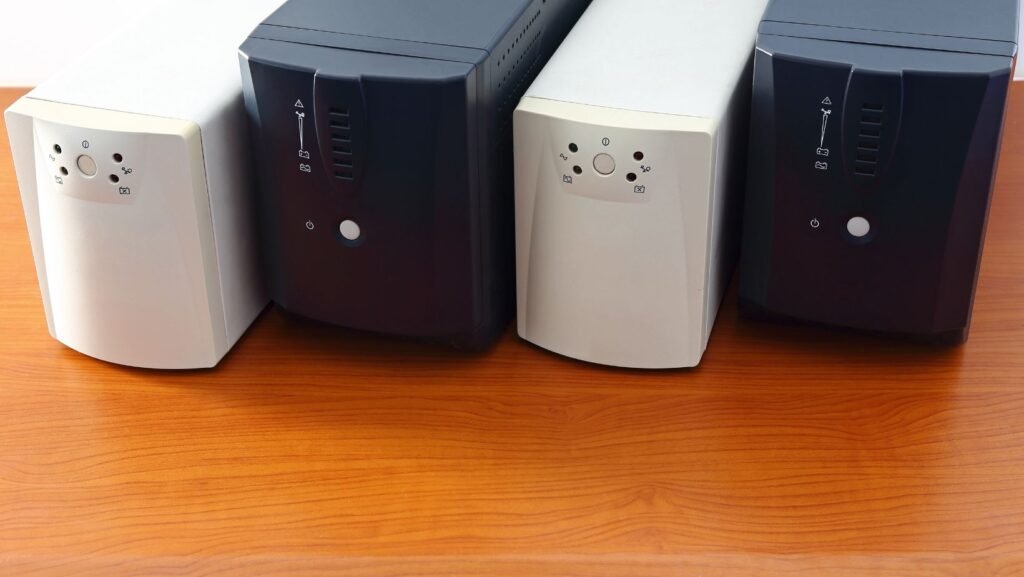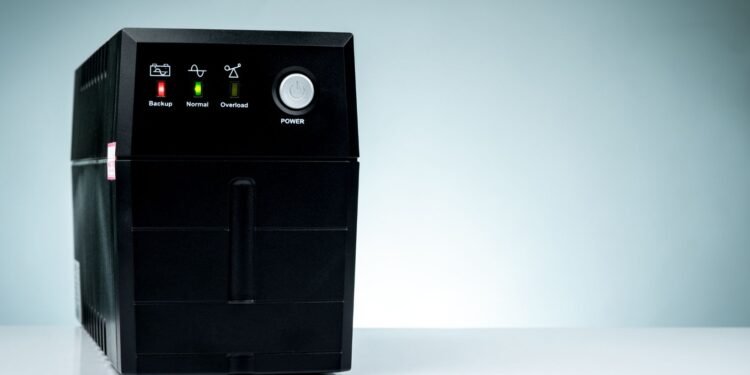In today’s digital age, a momentary loss of power can result in extensive data loss, system downtimes, and significant disruptions to business operations. A dependable UPS battery system, such as those provided by industry leader Schneider Electric, has become the cornerstone of power management and the first line of defense against unforeseen power interruptions.
Consider a hospital’s intensive care unit. Every machine that is linked to a patient is crucial. Consider a scenario in which there is a sudden power outage. It’s no longer simply about inconvenience; it’s about life. This is where UPS batteries come in handy. Many businesses, particularly the medical field, rely on power backup solutions. The fast changeover to backup power from UPS systems maintains continuity and prevents potential disasters in the banking industry, data centers, and manufacturing units.
But what exactly is a UPS system, and how does it vary from a regular generator?
To begin, in UPS systems, the transfer to backup power is instantaneous. There is no time lag. Traditional generators, on the other hand, may take a few seconds (or even minutes) to start. Those few seconds of power outage may be insignificant at home, but they can be disastrous in essential systems. Furthermore, UPS batteries regulate electricity, ensuring that devices receive a steady voltage that is free of spikes and surges.

Schneider Electric, a global leader in energy management and automation, offers dependable UPS solutions for a variety of industries. Their systems are more than just a barrier between main electricity and generators. They ensure a seamless transition, avoiding abrupt stops that can damage sensitive equipment. These UPS solutions also include monitoring capabilities, which enable administrators to track the health, load, and longevity of batteries, making maintenance more predictable and reducing surprises.
Another major worry for most organizations nowadays is sustainability. With rising electricity bills and the environmental consequences of uncontrolled power usage, businesses are looking for ways to become more energy-efficient. UPS batteries, particularly those manufactured by Schneider Electric, frequently have energy-saving capabilities. They can condition the power, ensuring that just the required amount is drawn and used. This not only decreases electricity bills but also reduces carbon footprints, making them an environmentally responsible option for energy management.
However, it is critical to recognize that not all UPS systems are made equal. Depending on the needs, whether for a small office, a large data center, or a medical facility, selecting the right UPS system is critical. Schneider Electric’s UPS solutions come in a variety of capacities, ensuring that organizations of all sizes may find a system that works for them.
Another critical aspect is the upkeep of these systems. Regular checks and timely battery replacements can make or break the UPS system’s ability to function when it is most needed. Companies like Schneider Electric also provide training and assistance to their customers, ensuring that their UPS systems last as long as possible.
UPS battery technological advancements have moved beyond just supplying backup power to include the incorporation of renewable energy sources. With the global transition to green energy, new UPS systems may now combine smoothly with solar panels and wind turbines. This versatility allows organizations to use renewable energy during normal operations and then switch to UPS batteries during periods of poor renewable output or unexpected interruptions. It’s a dynamic that not only improves energy reliability but also promotes environmentally friendly activities.
Furthermore, UPS batteries are important for more than just business continuity. They are also crucial in terms of cost reductions. Unplanned downtime can cost businesses thousands, if not millions, of dollars, depending on the size of their operations. UPS batteries reduce the risk of financial losses caused by power outages by maintaining continuous electricity. They also protect expensive gear and equipment from any harm caused by power outages or fluctuations. Businesses that invest in a high-quality UPS system are essentially investing in long-term savings, risk avoidance, and efficient operational continuity.

To summarize, UPS batteries are certainly more than just backup power sources. Their capacity to combine with renewable energy sources demonstrates an innovative approach to sustainable energy management. They certainly are unsung heroes in modern infrastructure, given their essential role in maintaining operational efficiency and cost savings. With the ever-changing needs of the digital age, it is becoming increasingly clear that the incorporation of dependable UPS systems, such as those provided by Schneider Electric, is not a luxury but a necessary component of modern corporate operations.














































































































